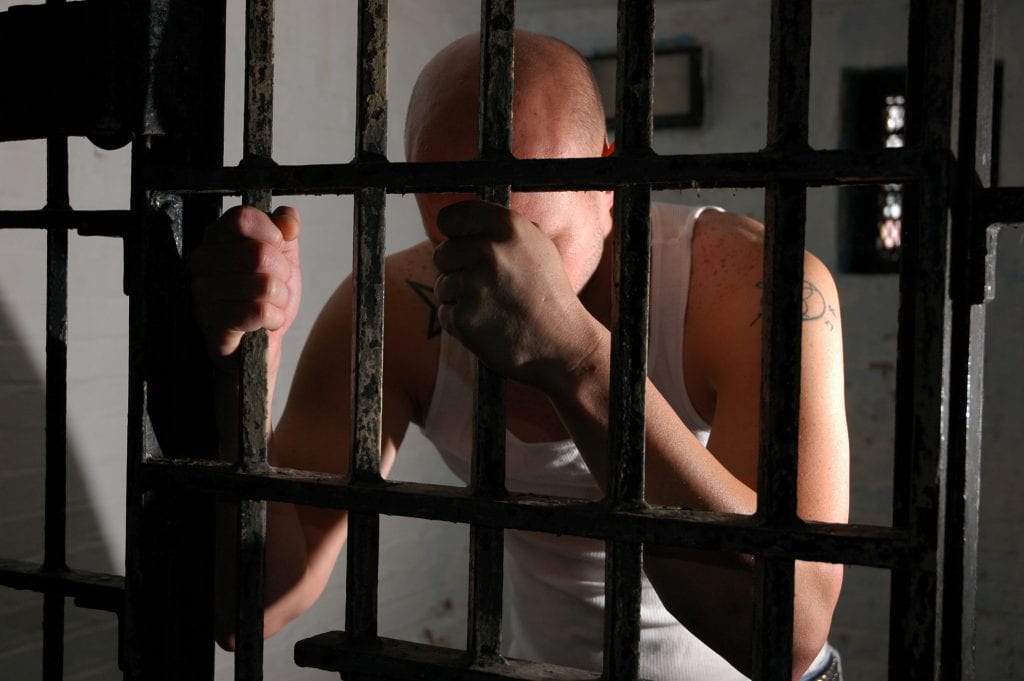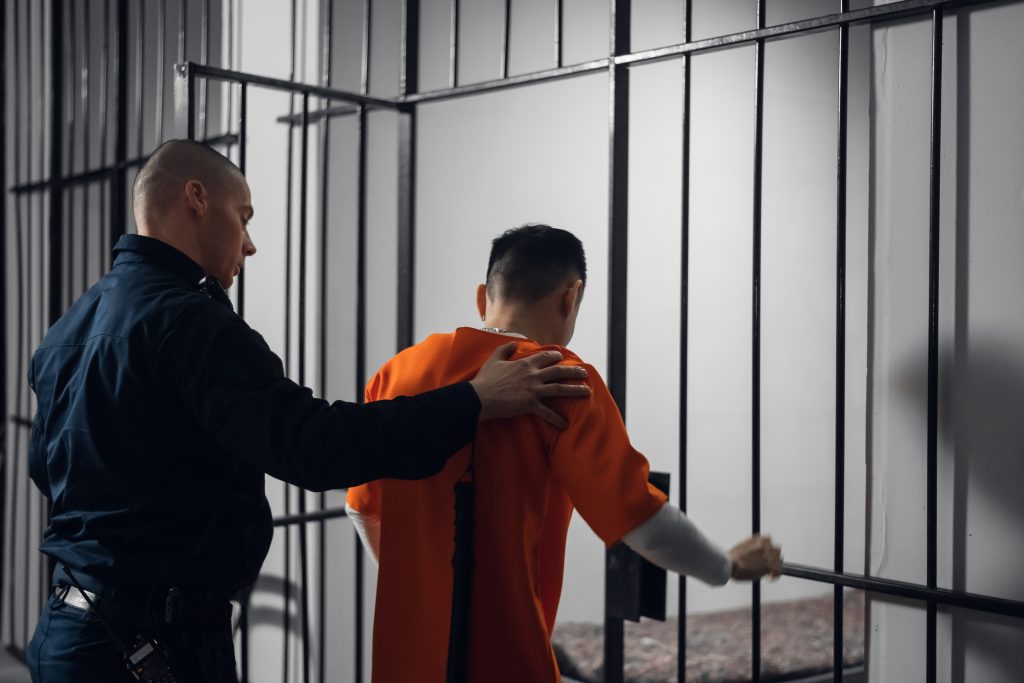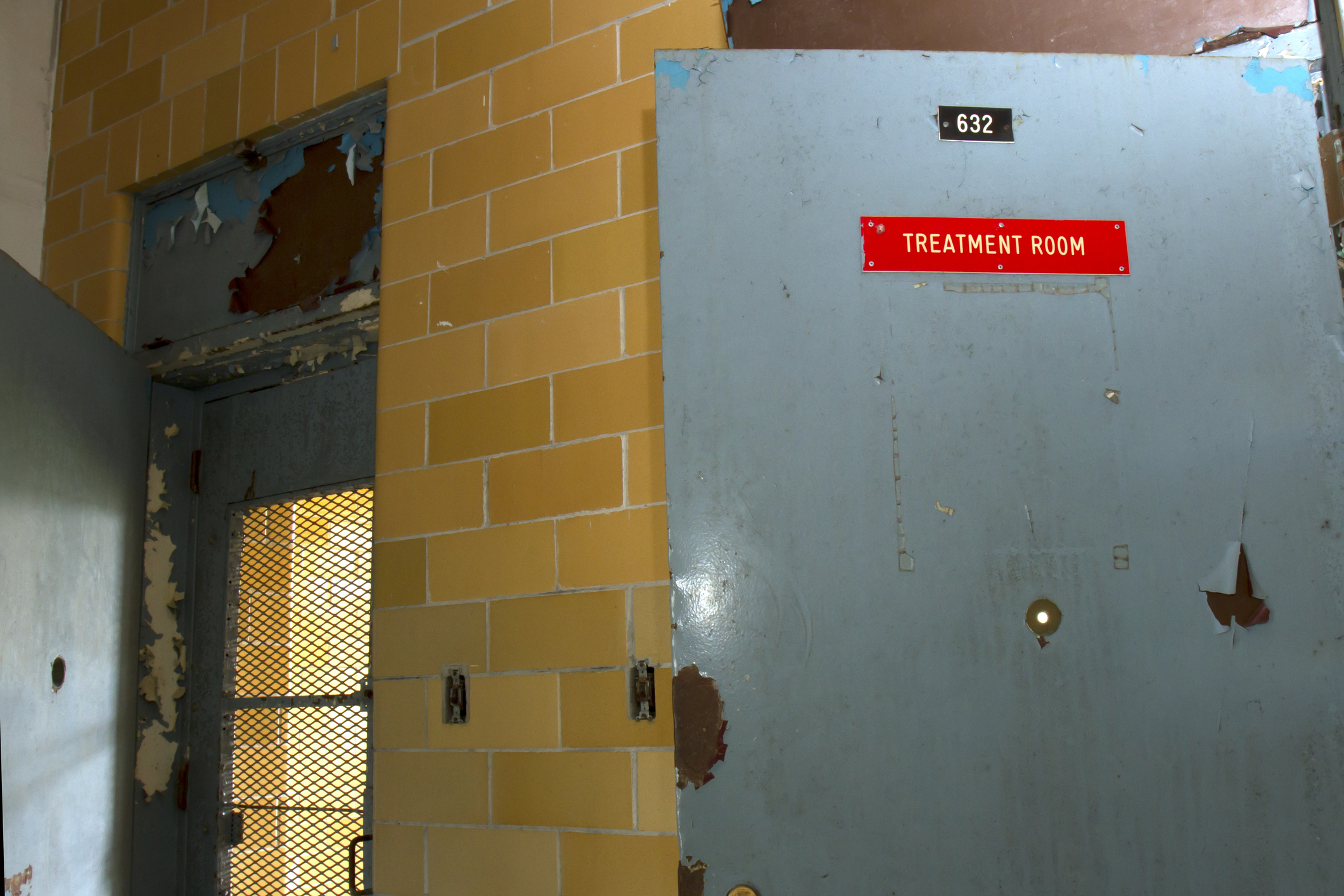You should. But mental health care in federal prisons is a problem. At least half of those in prison have a history of mental illness. And many people in prison have serious mental health issues. Access to the right care helps keep prisoners and prison staff safe.
Are there different levels of mental health care in prisons?
Yes. The Bureau of Prisons screens all incarcerated people and gives them a care level classification. There are four care levels:
- Level 1 — Limited needs. The prisoner is evaluated every six to 12 months.
- Level 2 — Greater needs. This level requires medication and regular evaluations.
- Level 3 — Serious needs. It often requires periodic hospitalization.
- Level 4 — Greatest needs. A prisoner requires 24-hour care.
Prison staff assesses both your physical and mental health care needs. If you have a history of mental illness, officials consider that to decide what care you need in prison. You may ask them to look at records from your therapist or doctor.
Incarcerated people who take medication outside prison may get a different medication in prison. This is because some medications are not allowed in prisons. Your doctor will work with you to decide what is the best alternative.

Why is mental health in prisons such an issue?
Many people do not have access to mental health care in their regular lives. This makes it harder to cope with mental illness. Without the right care, people with mental illness have a hard time with things like addiction and violence. That’s why so many people in prison have mental health issues.
New studies show that you are more likely to go to prison if you have a mental illness. You are also more likely to return to prison after you get out if you don’t have the right care. Prisoners with mental health problems hurt themselves or others more often, too. That’s why prison policies exist to help identify your mental health care needs.
So what mental health care will you get in prison?
Prisons know that mental health care is important for incarcerated people. Still, it is hard to provide the right care for people in prison. This is partly because prisons don’t have money committed to mental health care at their facilities. Prison officials are also not trained to care for prisoners with more serious mental illnesses. Examples of these include schizophrenia and bipolar disorder. They may isolate these people and punish them for behavior issues instead of treating them.
If this happens, you can ask to speak to a mental health worker at the prison. Most staff members know that incarcerated people need more mental health care than they get. That’s why more and more prisons are working to improve access to the right care.
Some prisons now have specific wings or blocks for incarcerated people with mental health needs. The staff in these areas has better training to help people in prison with mental health needs. This training helps them respond to incarcerated people in crisis, not punish them.

The Takeaway:
Mental health care is a serious problem. Prisons screen you and decide what care you need. But not all prisons have enough doctors to give incarcerated people the right care. People in prison may need to advocate for their needs when they don’t get the care they need.






